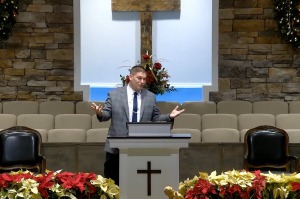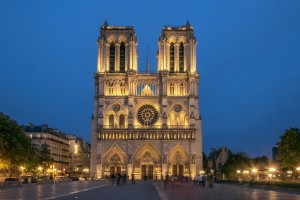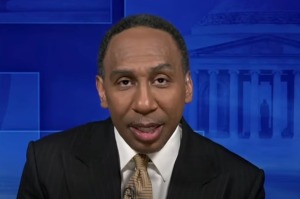How the Resurrection Undoes Our Need to Be Proven Right
As Jesus drowned in his own blood, the spectators yelled words quite similar to those of Satan in the wilderness: "Let the Christ, the King of Israel, come down now from the cross that we may see and believe" (Mk. 15:32).
But Jesus didn't jump down. He didn't ascend to the skies. He just writhed there.
The bloated corpse of Jesus hit the ground as he was pulled off that stake, spattering warm blood and water on the faces of the crowd.
That night, the religious leaders probably read Deuteronomy 21 to their families, warning them about the curse of God on those who are "hanged on a tree." Fathers probably told their sons, "Watch out that you don't ever wind up like him."
Those Roman soldiers probably went home and washed the blood of Jesus from under their fingernails and played with their children in front of the fire before dozing off. This was just one more insurrectionist they had pulled off a cross, one in a line of them dotting the roadside. And this one (what was his name? Joshua?) was just decaying meat now, no threat to the Empire at all.
The corpse of Jesus just lay there in the silence of that cave. By all appearances it had been tested and tried, and found wanting.
If you had been there to pull open his bruised eyelids, matted there together with mottled blood, you would have looked into blank holes. If you had lifted his arm, you would have felt no resistance. You would have heard only the thud as it hit the table when you let it go. You might have walked away from that morbid scene muttering to yourself, "The wages of sin is death."
But sometime before dawn on Sunday morning, a spike-torn hand twitched. A blood-crusted eyelid opened. The breath of God came blowing down into that cave, and a new creation flashed into reality.
God was not simply delivering Jesus (and with him all of us) from death. He was also vindicating him (and with him all of us). By resurrecting Jesus from the dead, God was affirming what he had said over the Jordan waters. He was declaring Jesus "to be the Son of God in power" (Rom. 1:4).
This was done, the Bible says, by "the Spirit of holiness." This is the same Spirit who rested on Jesus at his baptism "like a dove" (Matt. 3:16). I wonder if, as the dovish Spirit alighted on him in the water and in the tomb, Jesus might have thought of the words of the Psalm the Devil would quote in the wilderness: "He will cover you with his pinions, and under his wings you will find refuge" (Ps. 91:4).
With that kind of rescue, who needs to be proven right in any other way?
Note: The following post is an excerpt from Tempted and Tried: Temptation and the Triumph of Christ (Wheaton, IL: Crossway, 2011).





























